
What is the diagnosis?
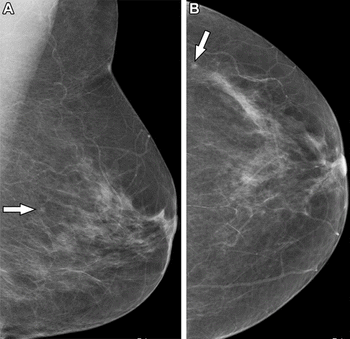
In a new United Kingdom study comparing radiologist and radiographer assessment of over 1.4 million digital mammograms, researchers said there were no significant differences with cancer detection rates or recall rates.
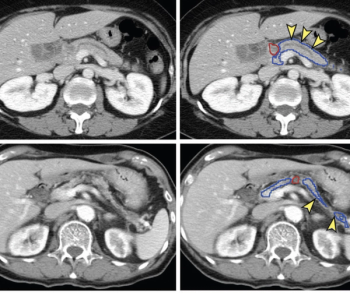
New research reveals that an emerging deep learning tool had comparable sensitivity and specificity to radiologist assessment of contrast-enhanced computed tomography (CT) scans for pancreatic cancer, and a 74.7 percent sensitivity rate for tumors smaller than 2 cm.

Assessing high-resolution computed tomography (CT) scans of the wrist, CurveBeam AI’s OssView software reportedly enables clinicians to ascertain bone fragility and fracture risk for women over the age of 70.

What is the diagnosis?
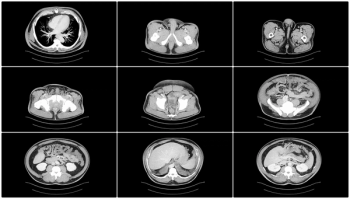
Greater imaging utilization has increased the prevalence of incidental findings or incidentalomas, but unclear clinical context and guidelines complicate management. Accordingly, these authors offer a thorough review of the literature and discuss new opportunities for improving interdisciplinary management strategies.

Humility, perspective and refraining from hasty, emotional responses can go a long way toward defusing confrontations.

Catch up on the top radiology content of the past week.
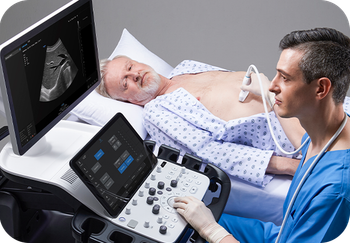
Offering uniform high-resolution images through a combination of beamforming and enhanced image processing, the new ultrasound platform reportedly has an array of diagnostic features ranging from cardiovascular applications to breast lesion assessment.
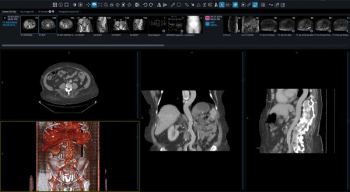
Offering a variety of features to enhance efficiency, bolster security and reduce IT overhead, the cloud-native SaaS platform may help radiologists minimize workflow issues that can impede practices with high imaging volume.
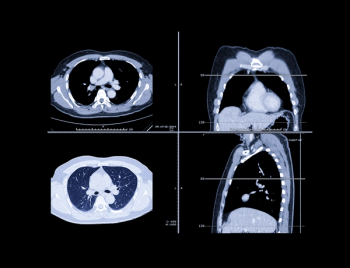
Comparing patients with and without comorbidities ranging from emphysema and tuberculosis to chronic obstructive pulmonary disease (COPD), researchers found that cancer detection rates and false-positive rates remained similar in lung cancer screening.
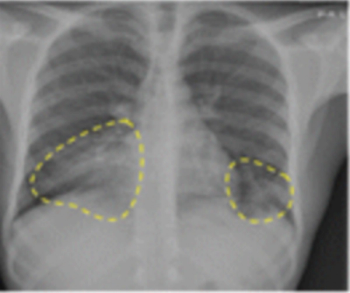
Examining imaging data of patients from multiple countries, researchers found that a deep learning system demonstrated higher sensitivity and non-inferior specificity for detecting active tuberculosis on chest radiographs in comparison to nine radiologist reviewers.
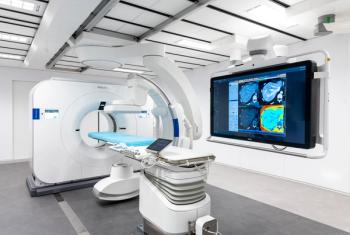
Amid emerging research showing the benefits of spectral computed tomography (CT) imaging in interventional radiology, the newly launched Phillips Spectral Angio CT Suite may provide enhanced efficiencies in care for stroke, oncology, and trauma patients.

A little positivity and praise towards others can go a long way for how you assess and treat yourself, too.
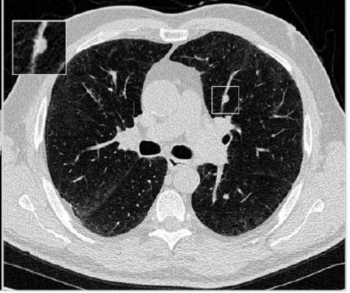
Researchers suggest that an artificial intelligence (AI)-powered risk stratification tool for lung nodules identified on computed tomography (CT) scans may identify likely malignancies more than one year prior to definitive diagnosis.

Catch up on the top radiology content of the past week.

The automated measurement of heart ventricle diameters and detection of potential dilation in the right ventricle may facilitate quicker intervention in cases of pulmonary embolism.
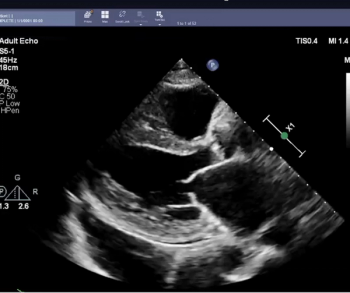
In comparison to initial sonographer assessment of echocardiograms, cardiologists are over 10 percent less likely to change initial artificial intelligence (AI) assessment of left ventricular ejection fraction (LVEF), according to new research recently presented at the European Society of Cardiology Congress in Barcelona, Spain.

In a new study of over 7,200 women with no history of breast cancer, researchers found that women who scheduled health-care appointments online were more likely to have annual mammography exams but only 18 percent of the study population scheduled appointments online.
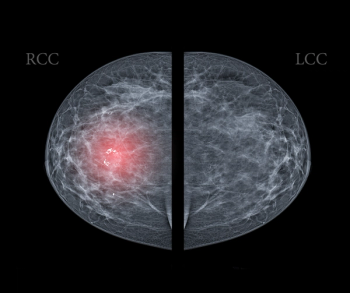
Emerging research suggests a higher prevalence of positive breast arterial calcification (BAC) rates among Hispanic and Black women, and a lower rate of BAC in women with dense breasts or breast implants.
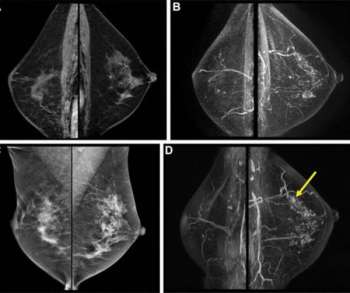
Mild, moderate, or marked background parenchymal enhancement on surveillance magnetic resonance imaging (MRI) reportedly doubles the risk of second breast cancer in women who have had surgery for primary breast cancer.
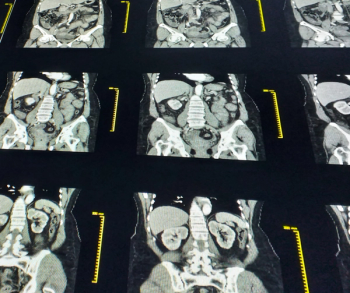
Emerging research findings suggest the use of single-encounter thoraco-abdominopelvic computed tomography (CT) per 1,000 trauma-related emergency department (ED) visits more than quadrupled for minor injuries and more than doubled for intermediate injuries from 2011 to 2018.

Is quiet quitting just a complacent acceptance of low job satisfaction?

Catch up on the top radiology content of the past week.
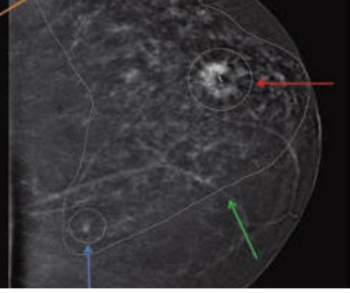
Researchers found the combination of magnetic resonance imaging (MRI) and contrast-enhanced mammography was nearly 22 percent more effective at detecting breast lesions than MRI-directed ultrasound.

Catch up on the top AI-related radiology content of the past month.
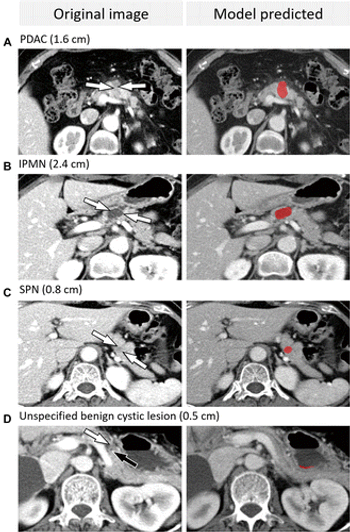
Researchers showed the deep learning system had an area under the curve (AUC) ranging from 87 percent to 91 percent in two test sets for diagnosing solid pancreatic lesions of any size and cystic lesions 1 cm or larger on high-contrast computed tomography (CT).

Well known for her education and advocacy on the use of computed tomography (CT) colonography for colorectal cancer screening, Dr. Yee is also widely recognized for her leadership, mentoring skills and being a champion for diversity in the field of radiology.

In a new study comparing 2017 and 2019 Medicare claims submission data, researchers noted a 40 percent increase in evaluation and management (E&M) services, and a 74 percent increase in imaging services performed by radiology-employed nurse practitioners (NPs) and physician assistants (PAs).

What is the diagnosis?